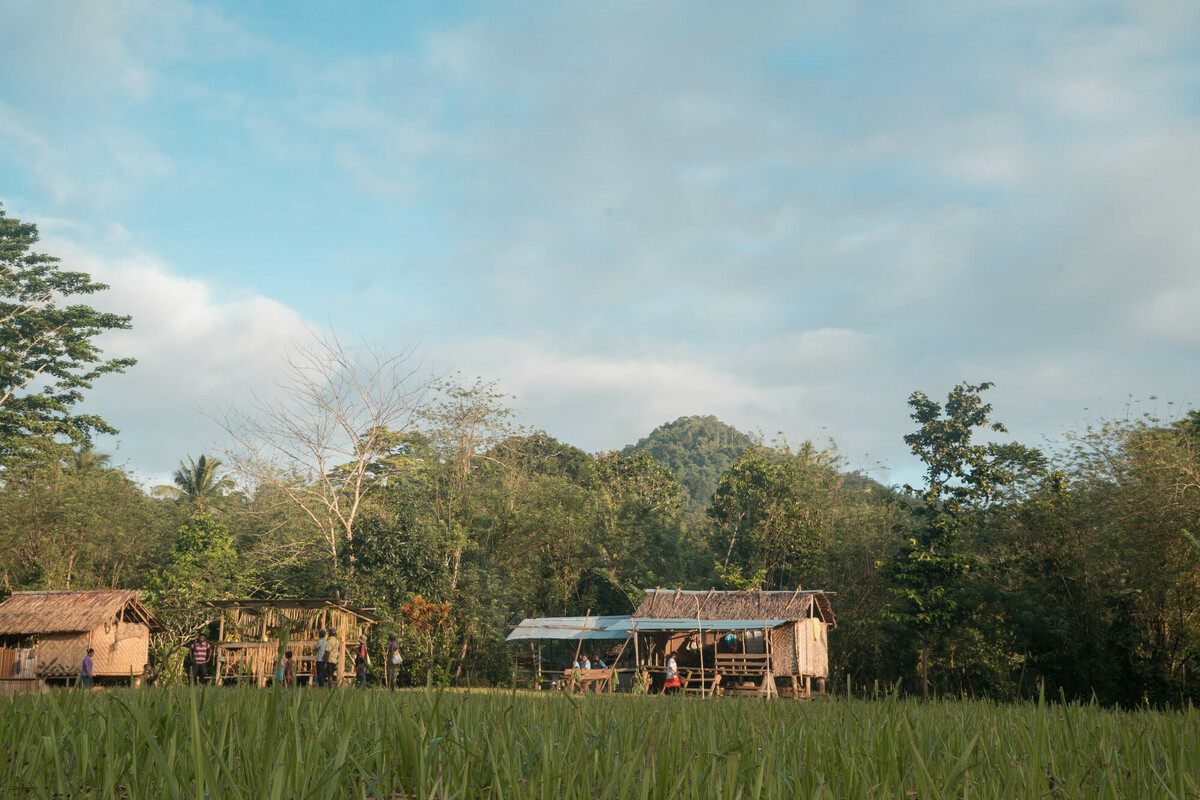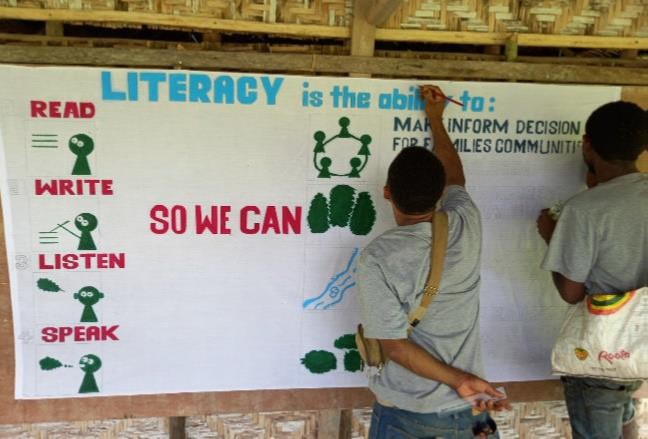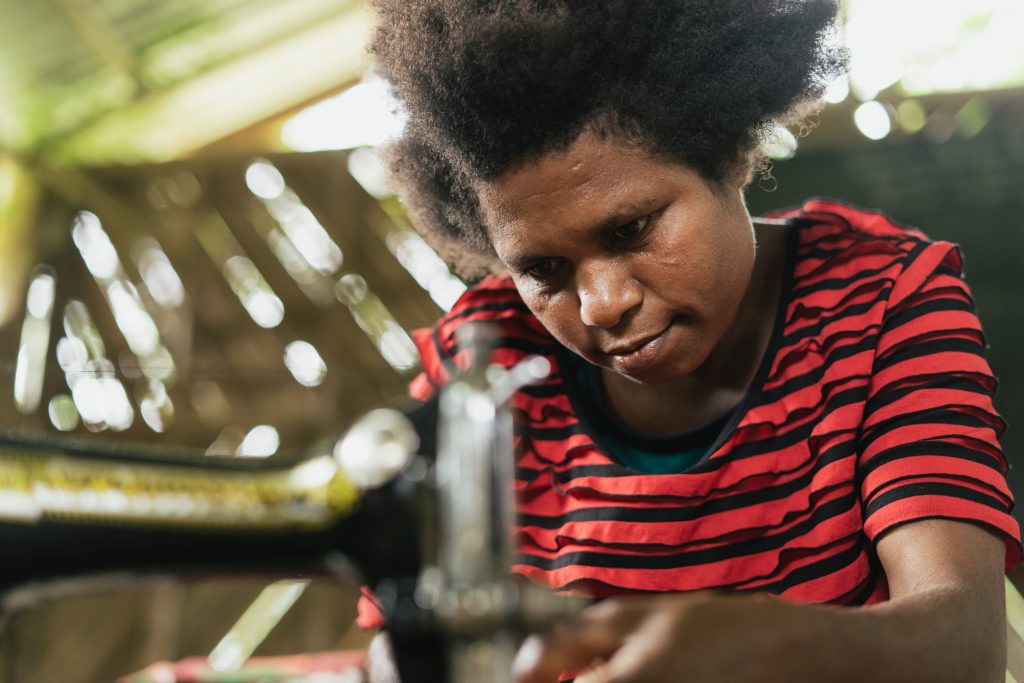
Closing the gap: Education in Sololo
For some, school can be a grind. For people living in Sololo, just getting to school is hard, never mind the studying.
Most adults in the Milne Bay area (where our Papua New Guinea partners are based) receive schooling up to grade 8, primary level education. Limited access to schooling has implications on not just lives and livelihoods but on the health of rainforest and the planet as a whole. Rainforest conservation starts with people and in this instance, it starts with people in classrooms.
Not just a walk to school, an expedition.
Most schools are miles away from the village of Sololo. Some children leave their homes to stay with friends or family to make attending school possible. This is expensive and challenging for children and their families. Add the annual costs of a lengthy reading list and uniform, and soon enough, education becomes quickly out of reach for many. These geographic and financial strains are why, in adults especially, there is a need for more educational support to bolster the skills people already have.
“It’s not that people want to read a novel, people want to understand, to communicate confidently.”
– Ali Skeats, Programme Manager, Cool Earth.
Confidence; not Chaucer.
Answering this educational need doesn’t just impact reading and writing skills, but also confidence; especially in communication. Team a strong attitude with some maths skills and you (and your community) just got a whole lot more resilient. Logging companies coercing you into selling your trees? Not today.
Papuans asked, you delivered.
School is about so much more than reading and writing, it’s about building inner strength. The Education and Life Skills programme has been developed for this – funded by your donations.
Your cash employs specialist teachers, accommodation and offroad travel through dense rainforest and across rivers (two of them!). Your donations pay for translators (four languages are spoken in Sololo alone) and classroom assistants – making time spent teaching engaging and effective. This year even the classroom itself has had a revamp, complete with new benches and chairs. Stationary and books are provided as well as lunch – you can’t transform your future on an empty stomach, right?


Students on day one of the Life Skills programme.
The programme.
Classes are run over an intensive 8-week course taught by teachers that specialise in rural education from the organisation PNG Green TVET. Their mission? Impart holistic skills that benefit the livelihoods of people living in rainforest.


Lila, resident of Sololo and Life Skills and Education superstar developing some serious tailoring skills.
How education protects rainforest.
We hope that with more people armed with the skills to communicate confidently more democratic decisions can be made. This won’t only improve the lives and wellbeing of people living in Sololo, but can also help ease pressure on their rainforest. It’s simple really. Better skills and higher confidence lead to improved businesses, more cash, and more reasons to retain a symbiotic relationship with rainforest – rather than having no choice but to use it for a lifeline.
You can help push this project even further.
Just one person with confidence can raise a whole community up. We need to support more leaders from marginalised groups, build more opposition against those wanting to exploit rainforest and help people develop more skills to build livelihoods so the forest can remain. Education is just one way to do it.
We plan to offer graduates from this course the opportunity to enrol in secondary education to further develop their skills. This would be a full-time commitment to a seven-year programme, enabling people in rainforest to access a level of educational opportunity most of us have all been lucky enough to receive.
